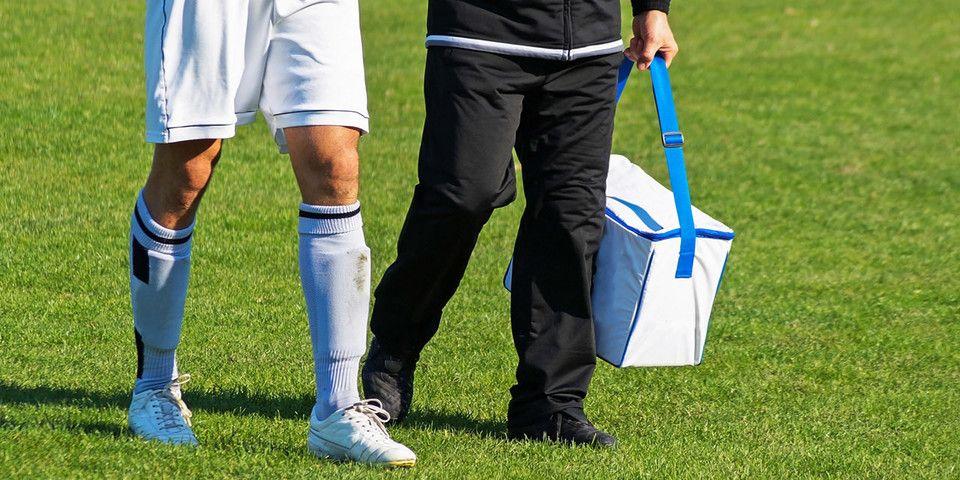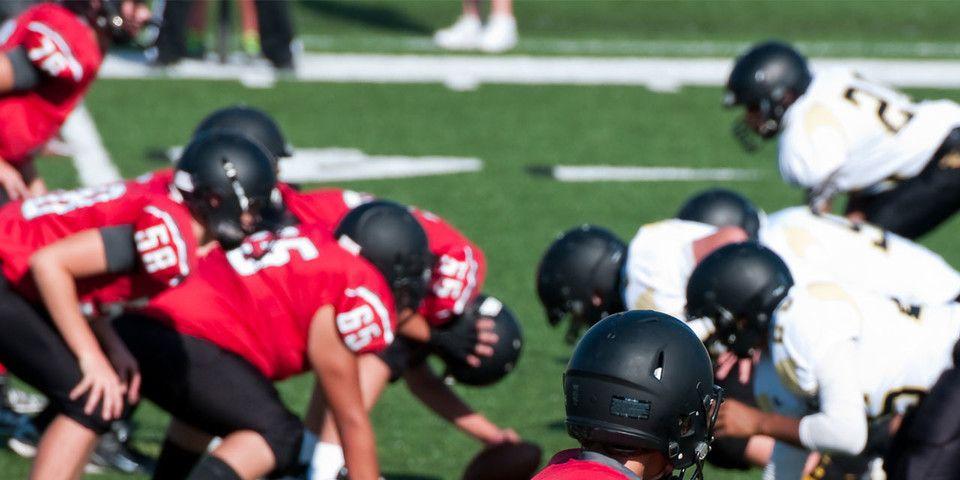Seven Stress Fracture Questions and Answers
Don’t let a stress fracture keep you from the activities you love.
If you participate in athletic activities, you’ve probably heard of stress fractures. At Rothman Orthopaedic Institute, we specialize in treating sports injuries, including stress fractures. We have intimate familiarity with the causes, symptoms, prevention methods, and treatment options for stress fracture patients.
That’s why we’ve compiled this helpful overview of stress fractures. We have paid close attention to the types of questions asked by stress fracture patients. Listed below are five of the most common questions regarding stress fractures and the clear, detailed answers that patients are looking for.
Answers to Your Stress Fracture Questions
Stress fractures tend to affect athletes. And we know that injured athletes have no higher priority than having a fast, full recovery and returning to their sports. The first step to treating (or, better yet, preventing) a stress fracture is to be informed about this condition. Let’s take a look at these common stress fracture questions and answers.
-
What is a stress fracture?
Stress fractures are one of the most commonly occurring sports injuries. They result from overuse. As muscles that are heavily used in activity become exhausted and fatigued, their ability to absorb shock is inhibited. As a result, the shock and stress are absorbed by the bones instead. This can cause small cracks (stress fractures) to appear in the bone. -
What are the symptoms of stress fractures?
The most common symptom associated with stress fractures is pain, which tends to be reduced by rest. The pain tends to be concentrated in the foot and the lower half of the leg. These parts are most typically affected by stress fractures because they bear the body weight and are subject to higher stress. In fact, over half of stress fractures occur in the lower leg. -
Who is most at risk of stress fractures?
The short answer: athletes. As an overuse injury, stress fractures disproportionately affect athletes. However, there are specific types of athletes that are most at risk. These include athletes involved in track and field, gymnastics, tennis, and basketball. These activities feature repetitive, high-impact movements. Additionally, female athletes experience a higher number of stress fractures than male athletes. -
How can stress fractures be prevented?
A great number of stress fractures result from increasing the frequency or intensity of an activity too quickly. One of the key methods for preventing these injuries is to increase activity gradually. Getting accustomed to your sports surface (pavement, clay, etc.) is also critical, as many injuries can occur from rapid changes to various surfaces without proper adjustment. Other key prevention tips include:
-
Cross training with lower-impact sports (cycling, swimming)
-
Wearing proper athletic clothes and equipment, especially shoes
-
Maintaining a healthy diet and prioritizing calcium and Vitamin D intake
-
Immediately halting activity if pain develops
-
How can stress fractures be treated?
Prevention is always preferable to treatment; but, for those who have not been able to successfully avoid stress fractures and are suffering the painful symptoms associated with this condition, there are several treatment methods to consider. The good news is, the majority of treatment options that your orthopedic specialist will recommend are simple and non-operative, They include the following:
- Rest: Abstaining from the activity that caused the injury for six-to-eight weeks can allow the stress fracture to heal naturally.
- Shoe inserts can help to relieve stress and enable healing.
- Braces may also be recommended to alleviate impact on injured areas.
A stress fracture can cause serious pain. However, many committed athletes choose to play through the pain. No matter how dedicated you are to your sport, it’s critical that when stress fracture symptoms begin to occur, you stop and pursue treatment. Rothman Orthopaedic Institute offers effective, reliable orthopaedic solutions to sports injuries, including stress fractures. For more information, visit us here or contact us at 1-800-321-9999.
Related Physicians
Related Specialties
Related Conditions
Related Treatments
Related Programs
-

Athletic Training- Sport Medicine Outreach
Our Field Athletic Trainers provide direct sports medicine care to youth, high school, college and professional athletes. Rothman AT’s provide athletic training services throughout Southeastern PA to interscholastic high schools, colleges, as well as tournaments and special events.Read More -

Injury Prevention Program
The Injury Prevention Program at the Rothman Orthopaedic Institute is dedicated to the prevention of injuries from athletic participation, particularly youth sports.Read More




